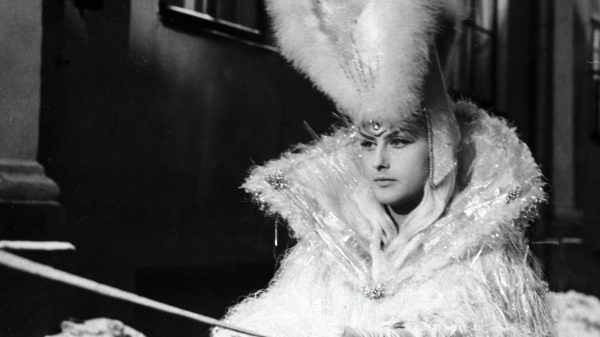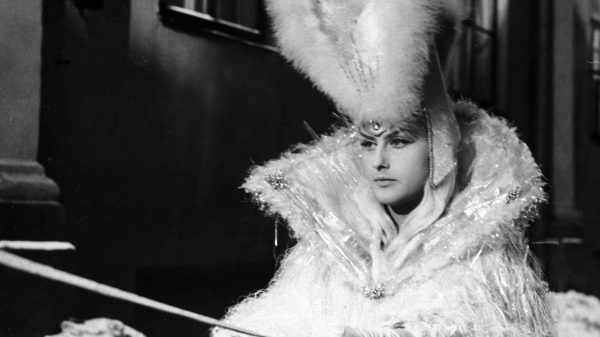 The poster was condemned on social media as “sexualised”. Photo: CHRISTINA QUICKLER
The poster was condemned on social media as “sexualised”. Photo: CHRISTINA QUICKLER
A poster of Jesus promoting Easter week in Seville has sparked a backlash from Spanish ultra-conservatives, who condemned it as «effeminate» and «offensive» to Catholics.
Created by: works by Seville artist Salustiano García, the image shows Jesus, after his resurrection, standing half-naked against a blood-red background, his lower body covered with a white cloth.
It shows «the radiant side of Holy Week» in «the purest style of this prestigious artist», said the Council of Fraternities and Guilds, which organizes the main events of Easter week in the Andalusian city.
However, on social networks, many condemned the poster as “sexualized.”
“This is absolutely disgraceful and an aberration,” wrote IPSE, an ultra-conservative Catholic organization that promotes “respect for Christian symbols” and is active. in opposition to abortion.
“Not in the spirit of Holy Week.”
The image depicted Jesus as “effeminate” and “camp,” it said, demanding a public apology from the artist for the poster, which was not in the spirit of Holy Week.
Javier Navarro of the far-right party Vox joined the chorus of disapproval, saying the poster «sought to provoke» and did not advance the goal of «encouraging the faithful to participate in Holy Week in Seville» in comments on X, formerly Twitter.
Garcia told the right-wing ABC newspaper that his depiction of Jesus, based on his son, was «subtle, elegant and beautiful» and created with «deep respect.»
Garcia told the right-wing ABC newspaper that his depiction of Jesus, based on the image of his son, was «gentle, elegant and beautiful» and created with «deep respect.» » />The image was criticized on social media for being «feminine». Photo: ALVARO LEFLET/AFP
“To see sexuality in my depiction of Christ, you must be crazy,” he said, insisting that there is “nothing” in his paintings that “wouldn’t be represented in works of art dating back hundreds of years.» years.»
«Homophobia and hatred»
Juan Espadas, the leader of Spain's ruling Socialist Party in the Andalusia region, defended the artwork, condemning the «expressions of homophobia and hatred» it had caused.
Holy Week celebrations, reminiscent of the death and resurrection of Christ, play an important role in Catholic Spain, especially in Seville, which is considered the center of such holidays.
Spain legalized homosexuality in 1976, through three years after the end of Franco's dictatorship, and has since been one of the most open countries in the world regarding LGBTQ rights, allowing same-sex marriage and allowing same-sex couples to adopt children. 2005























































Свежие комментарии